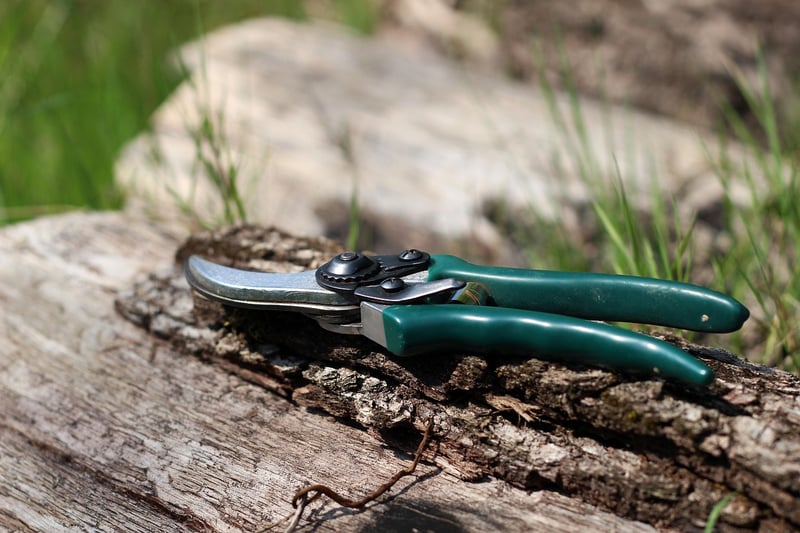Pruning Techniques
Essential Plant Care Practices + Pruning Techniques
Introduction
Proper plant care is crucial for maintaining a healthy and thriving garden or indoor plant collection. In addition to regular watering and adequate sunlight, pruning is an essential practice that helps promote growth, shape plants, and remove dead or diseased parts. In this article, we will explore some essential plant care practices and pruning techniques to keep your plants in top condition.
Essential Plant Care Practices
1. Watering
Watering is fundamental for plant growth. Different plants have varying water requirements, so it's essential to research the specific needs of each plant in your care. Overwatering can lead to root rot, while underwatering can cause wilting and stunted growth.
2. Sunlight
Plants need sunlight to undergo photosynthesis and produce energy. Ensure your plants receive adequate sunlight based on their light requirements. Place sun-loving plants in sunny spots and shade-loving plants in areas with indirect sunlight.
3. Soil Quality
Well-draining soil with the right nutrients is crucial for plant health. Use high-quality potting mix or amend your garden soil with compost to provide essential nutrients for plant growth.
Pruning Techniques
1. Deadheading
Deadheading involves removing spent flowers to encourage new blooms and maintain plant appearance. Use clean, sharp pruners to snip off dead flowers just above a set of healthy leaves.
2. Thinning
Thinning is the process of selectively removing branches to improve air circulation and light penetration within the plant. This technique helps reduce disease risk and promotes overall plant health.
3. Shaping
Shaping involves pruning to control the size and form of a plant. Regular shaping helps maintain a desired shape, prevent overcrowding, and promote balanced growth.
Conclusion
By incorporating essential plant care practices like proper watering, sunlight exposure, and soil quality maintenance, along with mastering pruning techniques such as deadheading, thinning, and shaping, you can ensure your plants thrive and flourish. Remember to research the specific needs of each plant species to provide tailored care for optimal growth and health.
Keep your plants happy and healthy with these essential plant care practices and pruning techniques!


For more plant care tips and gardening advice, visit Royal Horticultural Society.
